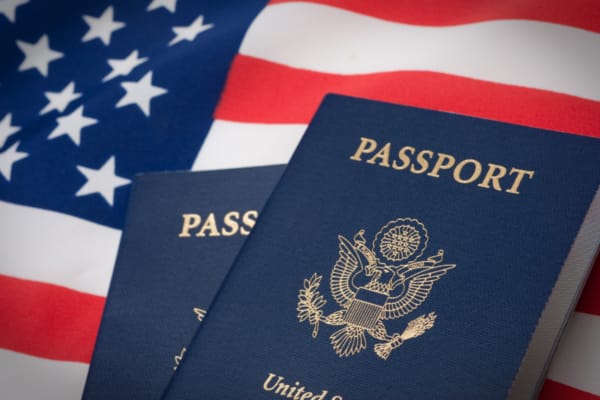For the first time in the 20-year history of the Henley Passport Index, the United States has fallen out of the Top 10 most powerful passports, dropping to 12th place. This marks a significant decline from its No. 1 position in 2014. The US passport now offers visa-free access to only 180 out of 227 global destinations, tying with Malaysia. Meanwhile, Asian nations dominate the rankings, with Singapore (193 destinations), South Korea (190), and Japan (189) securing the top three spots. The index, powered by data from the International Air Transport Association (IATA), highlights the shifting dynamics of global mobility and soft power. The US’s decline has been driven by a series of access changes, including the loss of visa-free entry to Brazil, exclusion from China’s expanding visa-free list, and adjustments by Papua New Guinea, Myanmar, Somalia, and Vietnam. Dr. Christian H. Kaelin, Chairman of Henley & Partners, notes that these changes reflect a broader trend: nations embracing openness are surging ahead, while those relying on past privilege are being left behind. Similarly, the UK passport has slipped to its lowest-ever position, falling to 8th place. The US’s decline is further exacerbated by its low ranking on the Henley Openness Index, which measures visa reciprocity. The US allows only 46 nationalities visa-free entry, placing it 77th globally. This disparity, second only to Australia, underscores the widening gap between the travel freedom Americans enjoy and the openness they offer. Annie Pforzheimer of the Center for Strategic and International Studies attributes this decline to America’s inward-looking policies, particularly under the Trump administration, which has imposed stringent visa restrictions on numerous nations. In contrast, China has made significant gains, climbing from 94th in 2015 to 64th in 2025, with visa-free access to 76 countries. This strategic openness has bolstered China’s global influence and cemented its role as a mobility powerhouse. The decline in US passport power has fueled a surge in demand for alternative citizenship options, with Americans leading global applications for investment migration programs. As geopolitical volatility increases, dual citizenship is becoming the new American dream, reflecting a fundamental shift in global mobility dynamics.
